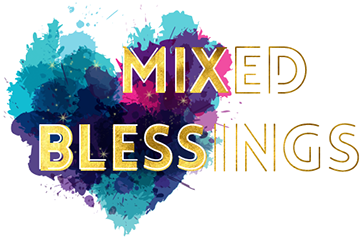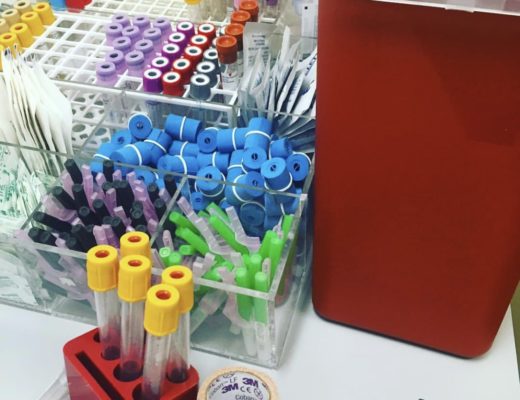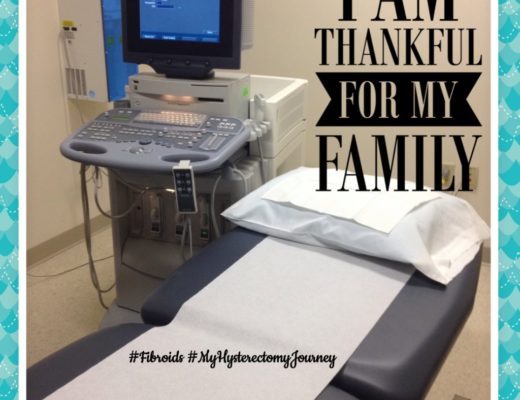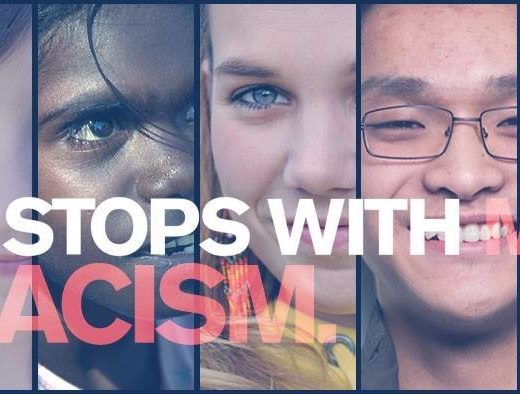Disclosure: This post is part of a sponsored campaign in collaboration with MedImmune and Latina Bloggers Connect. All opinions expressed are my own.
I worked in Pediatrics for many years, so I know all about the dangers of RSV, Respiratory Syncytial Virus. RSV is a common seasonal virus, and most babies have contracted it by the time they’ve reached their 2nd birthday. The weird thing is, if you were to ask someone what RSV is, they probably wouldn’t be able to tell you. Two-thirds of all Hispanic moms have never heard of RSV-and 1 in 5 only knows about it because their child has had it. We need to change those statistics!
Studies show that Hispanic & African American babies are at an increased risk of developing severe RSV. The virus can result in a mild respiratory infection… or worse, especially in premature babies. RSV lung infections are very serious, and hospitalization is usually required. 1 in 8 Hispanic babies are born prematurely, these babies are at high risk for developing RSV. Their underdeveloped lungs and immature immune systems just aren’t strong enough to fight off the virus. If there are other school-aged children in the family- the chances of developing RSV are even higher.
A is for AWARENESS
RSV season usually runs from November to March. Severe RSV causes 125,000 infant hospitalizations every year in the United States. 400 children die as a result of RSV infection.
B is for BABIES
Premature babies, those born prior to 37 weeks, are at greatest risk for developing RSV and complications.
C is for CONTAGIOUS
RSV is extremely contagious and can be spread through sneezing, coughing and touching. The virus can live on your skin and other surfaces for hours. Be sure to wash your hands frequently, and keep all of baby’s toys, blankets and anything else they come in contact with clean.
The symptoms of RSV include persistent coughing or wheezing – trouble breathing (look for flared nostrils and/or a caved-in chest when trying to breathe), with difficult or rapid breaths – fever – blue color of the lips, mouth, or under the fingernails – extreme fatigue – difficulty feeding. If your baby/child displays any of these symptoms, please call your healthcare provider and have them seen.
If your child is a preemie, please talk to your pediatrician about your RSV concerns. There is no treatment for RSV once it’s contracted, so prevention is key. Learn more about RSV Protection here. 







